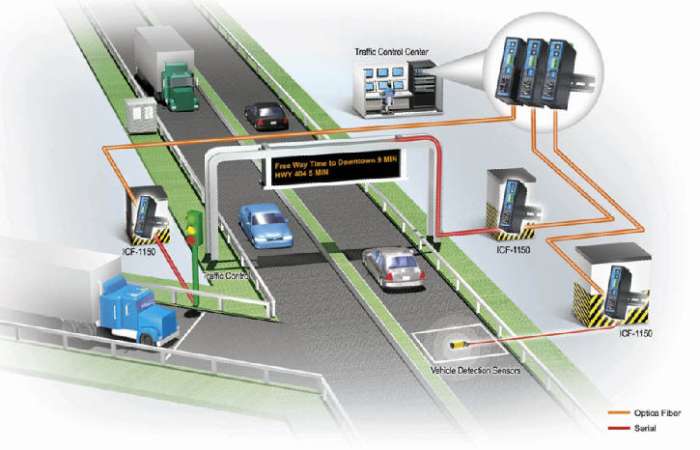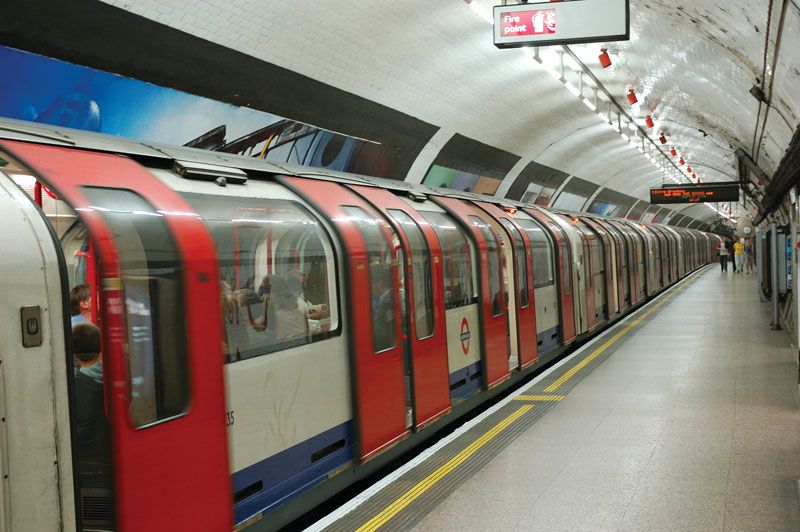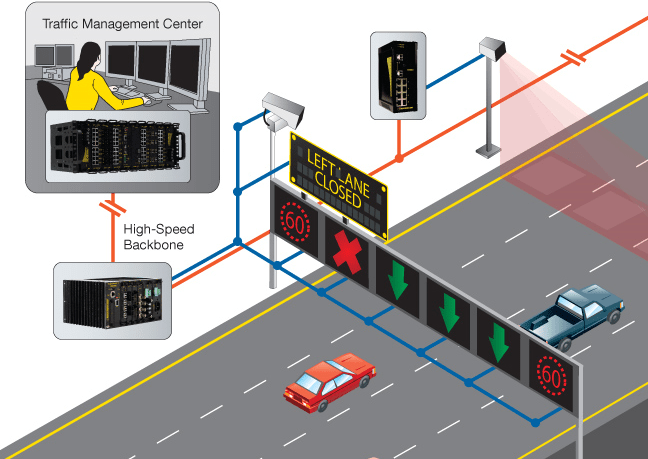In the era of rapid technological advancement, the transportation sector is not left behind. The concept of Intelligent Transportation Systems (ITS) has emerged as a revolutionary approach to address the multifaceted challenges of modern transportation. But why is an intelligent transportation system needed? This article delves into the necessity of ITS, its benefits, and its potential to reshape the future of transportation.
The Need for Intelligent Transportation Systems
The increasing urbanization and population growth have led to a surge in transportation demands, resulting in traffic congestion, increased travel time, and environmental pollution. Traditional transportation systems are proving to be inadequate in addressing these issues. This is where ITS comes into play.
ITS integrates advanced technologies like Artificial Intelligence (AI), Internet of Things (IoT), and Big Data analytics into transportation infrastructure to enhance efficiency, safety, and sustainability. It is a proactive solution that anticipates and manages transportation issues before they escalate.
Benefits of Intelligent Transportation Systems
- Enhanced Traffic Management: ITS provides real-time traffic data, enabling authorities to manage traffic flow effectively. It reduces congestion and improves travel time reliability.
- Improved Safety: By providing real-time alerts about road conditions and potential hazards, ITS significantly reduces road accidents and enhances the safety of commuters.
- Environmental Sustainability: By optimizing traffic flow and reducing congestion, ITS contributes to lower fuel consumption and reduced emissions, promoting environmental sustainability.
- Cost-Efficiency: ITS reduces the cost associated with traffic congestion, road accidents, and vehicle operation, resulting in significant economic savings.
The Future of Intelligent Transportation Systems
The future of ITS is promising, with advancements like autonomous vehicles, smart cities, and connected infrastructure on the horizon. These developments will further enhance the efficiency, safety, and sustainability of transportation systems.
However, the successful implementation of ITS requires robust policies, adequate funding, and public acceptance. It also necessitates addressing concerns related to data privacy and cybersecurity.
In conclusion, the need for intelligent transportation systems is more than evident in today's fast-paced, technology-driven world. ITS is not just a luxury; it is a necessity for the future of transportation. It holds the potential to transform the transportation landscape, making it more efficient, safe, and sustainable. Therefore, it is imperative to embrace ITS and invest in its development and implementation.



